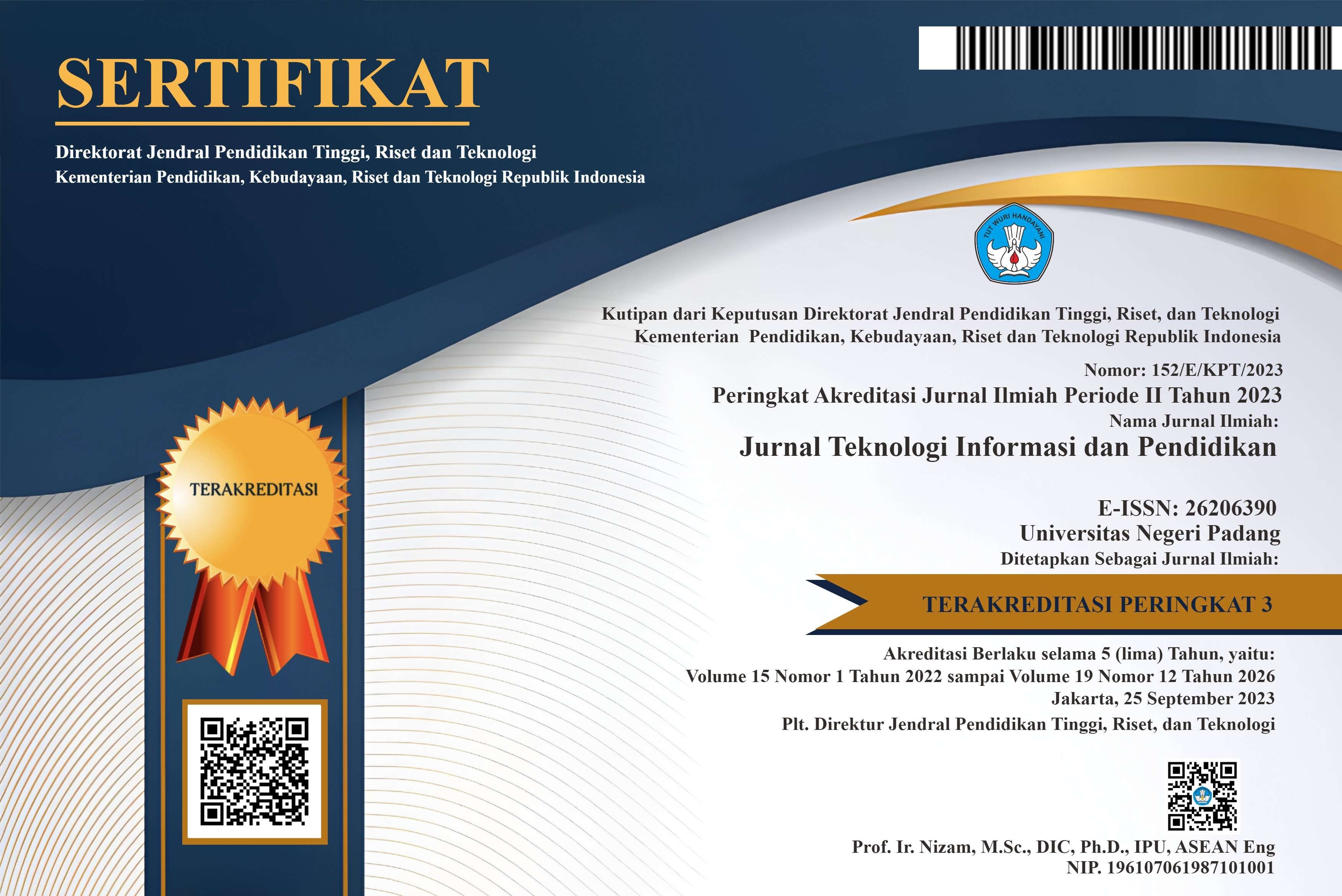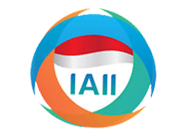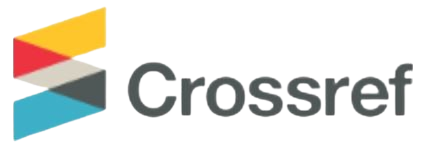Development of Mobile Learning Applications as Learning Media Using Android Studio
Abstract
The rapid development of Science and Technology (IPTEK) has resulted in changes in the learning paradigm which are marked by changes in curriculum, media and technology. Technological innovation and information systems in the world of education, especially in universities, have their own attraction for students, because conventional learning sometimes makes students less creative in the learning process. In today's technological advances, Android cellphones have now become a necessity for society, especially among students and students. Smartphone media is very influential in the teaching and learning process between lecturers and students in the 21st century era and is one of the distance learning media solutions. The aim of this research is to develop a mobile learning application as a distance learning medium using Android Studio to simplify and increase the efficiency of the learning process in higher education. The method used in developing this system is the waterfall method with stages with the Unified Modeling Language (UML) system design tool. The result of this research is a mobile learning application using Android Studio which is effectively used as a distance learning medium in higher education. With this mobile learning application, Android-based learning has created interesting and dynamic learning for lecturers and students, so this creates many benefits and can minimize obstacles that have occurred in the learning process and help students like learning more.
References
S. R. Ningsih, Sotar, and R. Y. Marlis, “Aplikasi Computer Based Test Untuk Pelaksanaan Ujian Sekolah Menengah Atas,” JOISIE (Journal Inf. Syst. Informatics Eng., vol. 4, no. 2, pp. 105–111, 2020, [Online]. Available: http://www.ejournal.pelitaindonesia.ac.id/ojs32/index.php/JOISIE/article/view/944
A. Tlili et al., “What if the devil is my guardian angel: ChatGPT as a case study of using chatbots in education,” Smart Learn. Environ., vol. 10, no. 1, 2023, doi: 10.1186/s40561-023-00237-x.
N. L. P. C. Teldi Sumarno Bowling Sau, “The Effect Of Using Android Application-Based Learning Media And Learning Styles On The Learning Outcomes Of MA Tawakkal Denpasar Economics For The 2020/2021 Academic Year,” J. Arthaniti Stud., vol. 3, no. 1, pp. 20–29, 2022, doi: 10.5281/zenodo.6395507.
R. Rahayu, S. Iskandar, and Y. Abidin, “Inovasi Pembelajaran Abad 21 dan Penerapannya di Indonesia,” J. Basicedu, vol. 6, no. 2, pp. 2099–2104, 2022, doi: 10.31004/basicedu.v6i2.2082.
A. Abdul Razak, A. Abdul Razak, and F. Haji Shukor, “Effective Practices for Educators to Increase Online Interaction Quality,” Utamax J. Ultim. Res. Trends Educ., vol. 4, no. 1, pp. 1–14, 2022, doi: 10.31849/utamax.v4i1.8355.
M. A. Sugandi and R. M. N. Halim, “Analisis End-User Computing Satisfaction (Eucs) Pada Aplikasi Mobile Universitas Bina Darma,” Sistemasi, vol. 9, no. 1, p. 143, 2020, doi: 10.32520/stmsi.v9i1.625.
S. R. Ningsih, A. I. Suryani, and I. T. Maulana, “The Implementation of Group Investigation E-Task in Activities Learning ( GIETAL ) in Higher Education,” EJEL J., vol. 20, no. 2, pp. 120–133, 2022.
A. N. M. Sari and M. W. Musthofa, “Aplikasi Mobile Learning Berbasis Android,” UNNES J. Math., vol. 5, no. 3, pp. 75–84, 2017, [Online]. Available: http://journal.unnes.ac.id/sju/index.php/ujme
H. T. Anugrah, D. Saputra, A. Al Hadyd, and F. Masya, “Perancangan Aplikasi Konsultasi Kemahasiswaan Untuk Mahasiswa Dan Unit Pelayanan Kampus Dengan Metode Agile Berbasis Mobile,” J. Ilm. FIFO, vol. 15, no. 1, p. 1, 2023, doi: 10.22441/fifo.2023.v15i1.001.
F. Firly, I. P. Dewi, L. Mursyida, and A. D. Samala, “Dasar-dasar Android Studio Dan Membuat Aplikasi Mobile Sederhana,” Angew. Chemie Int. Ed. 6(11), 951–952., vol. 10, pp. 1–239, 2021.
S. Restu Ningsih, S., “Implementasi E-Learning Sebagai Media Pembelajaran Online Bagi Siswa Sekolah Menengah Kejuruan (Smk),” JOISIE J. Inf. Syst. Informatics Eng., vol. 5, no. 1, pp. 20–28, 2021.
S. Autthawuttikul, S. Laisema, and E. Bangtamai, “A Place-Based Digital Learning Environment with Learning Resources Applications to Enhance Student Learning and Innovations,” Int. J. Interact. Mob. Technol., vol. 16, no. 19, pp. 22–43, 2022, doi: 10.3991/ijim.v16i19.32361.
F. Hidayat and M. Nizar, “Model Addie (Analysis, Design, Development, Implementation and Evaluation) Dalam Pembelajaran Pendidikan Agama Islam,” J. Inov. Pendidik. Agama Islam, vol. 1, no. 1, pp. 28–38, 2021, doi: 10.15575/jipai.v1i1.11042.
A. R. H. Sri Restu Ningsih, Hesty Aisyah, Arika Juwita Z, “Implementation Of Digital Marketing Applications For Selling Acrylic Village Products Using The E-Wom Method,” II. Int. KORKUT ATA Sci. Res. Conf., 2023.
H. Sabila, B. Praptono, and I. Yuli Arini, “Perancangan Aplikasi Pencatatan Laporan Keuangan Dengan Menggunakan Metode Agile Development Scrum,” JOISIE (Journal Inf. Syst. Informatics Eng., vol. 5, no. 2, pp. 67–74, 2021, doi: 10.35145/joisie.v5i2.1406.
F. F. Amanda, S. B. Sumitro, S. R. Lestari, and I. Ibrohim, “Developing complexity science-problem based learning model to enhance conceptual mastery,” vol. 16, no. 1, pp. 65–75, 2022, doi: 10.11591/edulearn.v16i1.20408.
D. S. Purnia, A. Rifai, and S. Rahmatullah, “Penerapan Metode Waterfall dalam Perancangan Sistem Informasi Aplikasi Bantuan Sosial Berbasis Android,” Semin. Nas. Sains dan Teknol. 2019, pp. 1–7, 2019.
D. Novaliendry, R. Darmi, Y. Hendriyani, M. Nor and A. Azman, “Smart Learn-ing Media Based on Android Technology,” International Journal of Innovation, Creativity and Change., vol. 12, no. 11, pp. 715–735, 2020.
L. Hidayati, F. Rizal, and S. Syahril, “Development of Android-Based Career Guidance Media”, JTIP, vol. 14, no. 2, pp. 99-105, Sep. 2021.
D. Novaliendry et al., “Development of an Expert System Application to Detect Vitamin Deficiencies in the Human Body,” International Journal of Early Childhood Special Education (INT-JECSE), vol. 29, no. 5, p. 956, 2020, doi: https://doi.org/10.24205/03276716.2020.1092.
Copyright (c) 2024 Jurnal Teknologi Informasi dan Pendidikan

This work is licensed under a Creative Commons Attribution-ShareAlike 4.0 International License.















.png)














